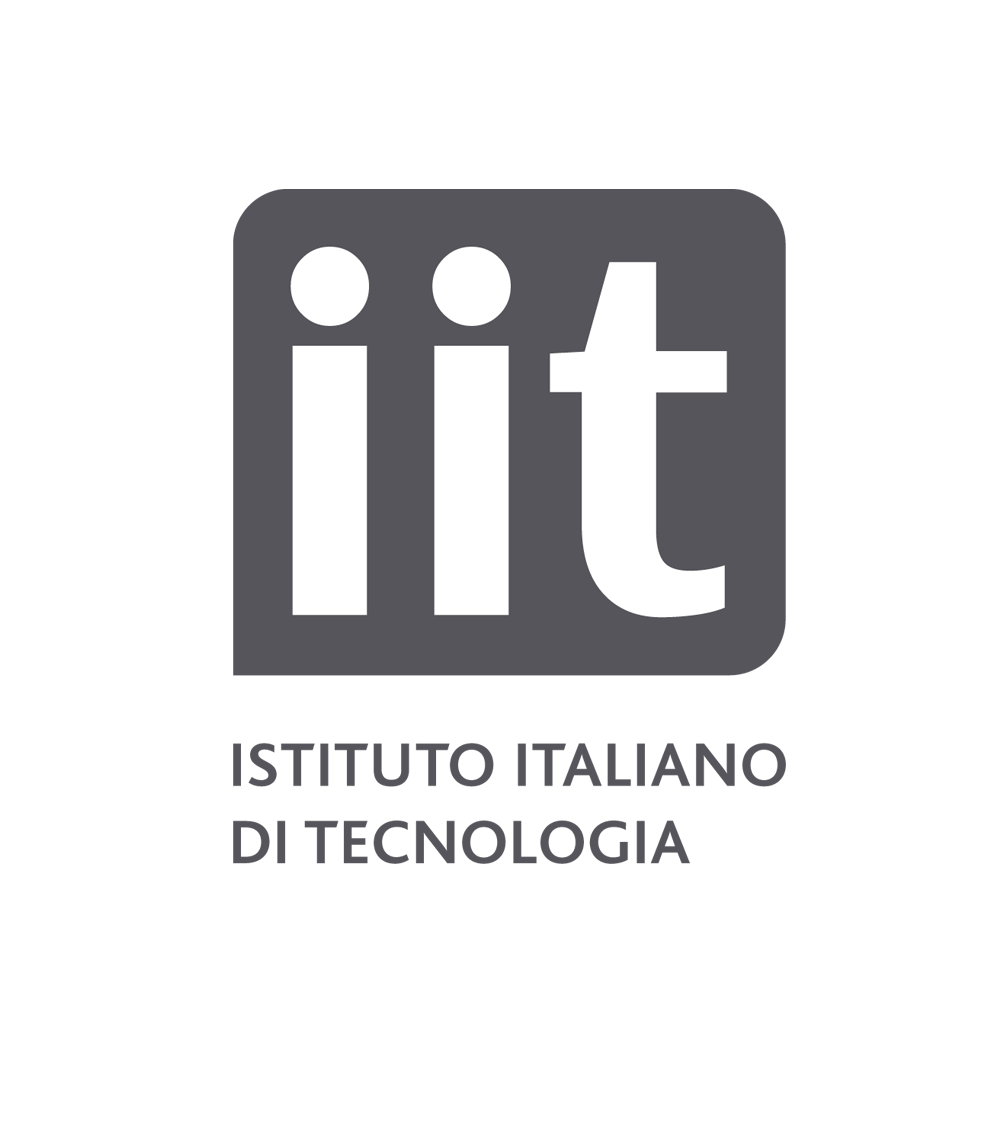Born December 5th 1971, Italian Citizen
Appointments:
- 2022-current: Associated Editor – Nano Letters (American Chemical Society)
- 2018-2022: Associated Editor – Nanoscale and Nanoscale Advances (Royal Society of Chemistry)
- 2016-current: Professor of Theoretical Chemistry, University of Genova (Italy), part-time, unpaid position
- 2015-2022: Deputy Director for Materials and Nanotechnology programs, IIT Genova (Italy)
- 2010-2021: Professor of Quantum Nanoscience, TU Delft (The Netherlands), part-time, unpaid position
- 2009-current: Head of the Nanochemistry Department, IIT, Genova (Italy)
- 2006- 2009: Leader of the Chemistry Division at the National Nanotechnology Lab in Lecce (Italy)
- 2003-2008: Junior Scientist at the National Nanotechnology Lab in Lecce (Italy)
- 2003: Visiting Scientist at the Center for Nanoscience, Munich (Germany)
- 2001-2003: Postdoctoral Fellow, University of California, Berkeley
- 1999-2000: Visiting student, University of California, Berkeley
